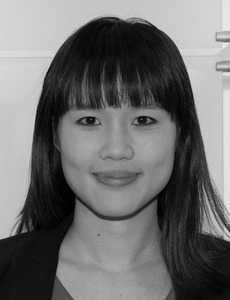What are your research interests?
Broadly, I am interested in research that could improve the health and wellbeing of populations and advance equity between different populations. My current research portfolio cover topics such as:
1. Measuring broader non-health burden of diseases in Denmark
2. Economic evaluation of existing live-attenuated vaccines in reducing child mortality and fighting against epidemics (or pandemics such as COVID-19)
3. Exploring the relationship between age-disparate relationships (women who are in relationships with much older men) and women’s life outcomes in Zimbabwe
4. Improving the definition of gender equality in health
5. Estimating the economic burden of disease and defining health adjusted income (as a comple-mentary metric for gross domestic product per capita)
How did you become interested in your field of research?
Since childhood, I have always been interested in how we can reduce unjust inequalities across different populations. My educational training has exposed me to different theories and methods in public health and social sciences, such as health metrics, health economics, global health, and epidemiology. My goal is to use these tools to generate evidence as means of reducing inequalities.
Which impact do you expect your research to have on the surrounding society?
I have different expectations and hopes for each of the research topics listed above on how my research could yield real-life impact. For measuring disease burden in Denmark, it could improve national-level priority setting so that diseases that have large non-health burden (such as psychological or economic bur-den) could be prioritized. For the vaccine project, it could help countries prepare for future pandemics by “buying time” before disease-specific vaccines (such as vaccine against SARS-CoV-2) become available in all parts of the world. With the gender equality work, I hope to help re-define our goals in improving health for different genders differently, given the differences in the factors that impact gender-specific health burden. Overall, I believe rigorous research can play a crucial role in defining policy and improving population health and welfare in real life.
Angela Chang
Associate Professor
Interdisciplinary Centre on Population Dynamics
| Phone: | DIAS/MSCA |
| Email: | achang@health.sdu.dk |
| Webpage: | https://portal.findresearcher.sdu.dk/en/persons/achang |
